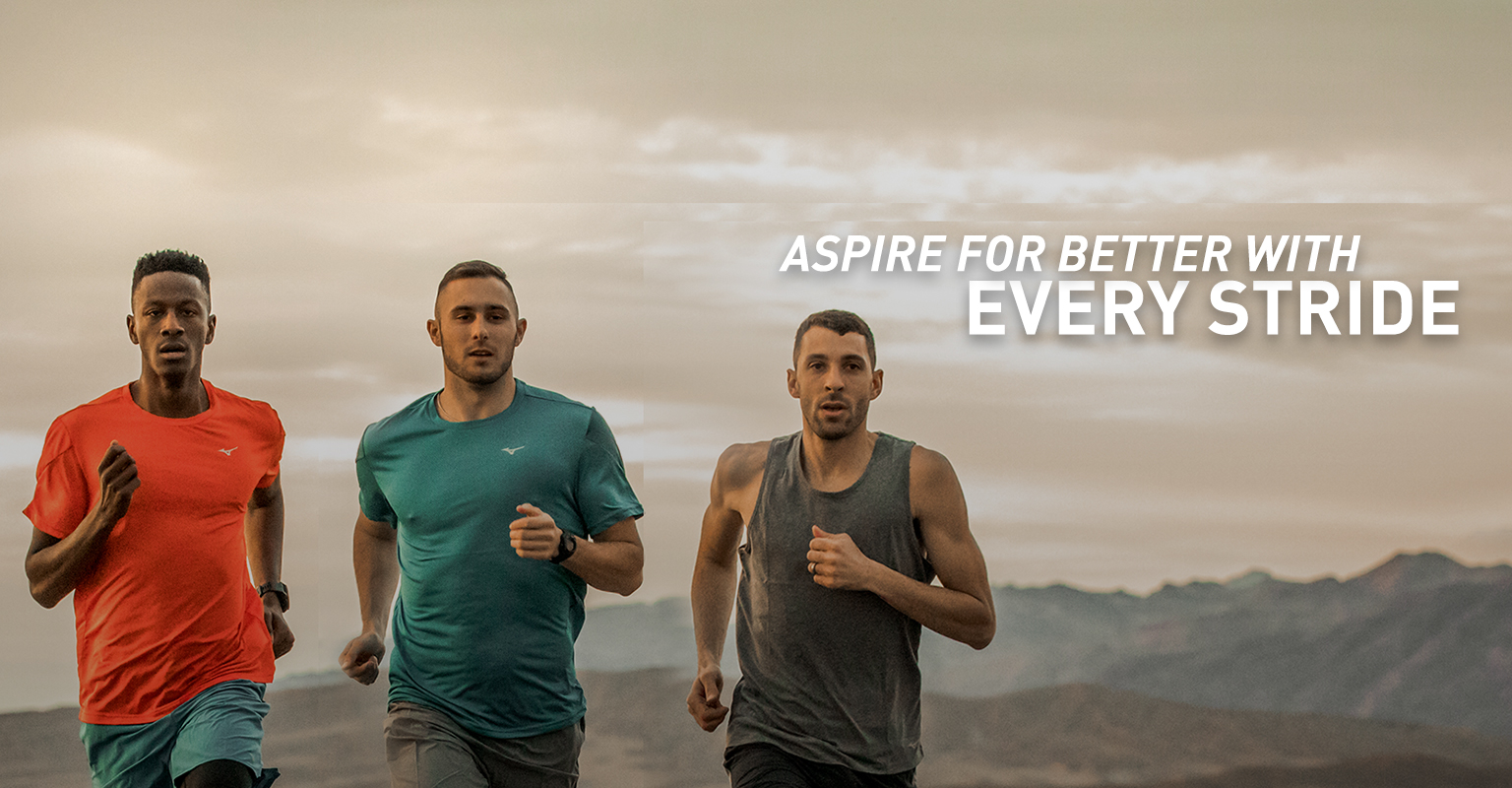
That the Boston Marathon is the greatest road race in the world is incontrovertible. Boston is one of those one-word iconic events like the Masters or Wimbledon. No further explanation is necessary.
Boston certainly isn’t the biggest marathon, but it’s the oldest (April 12th will be the 117th) and most tradition-laden race in the world. It’s the one race every marathoner aspires to run.
Just last weekend after a final long run before Boston, a bunch of the recent class of Boston survivors were exchanging war stories of the death march that was Boston, 2012. Meanwhile, standing just a few feet away, was a friend of mine who was looking on with great envy at all the Boston runners who were sporting various Boston gear from last year’s race.
My friend is certainly no slouch, but simply doesn’t have the wheels necessary to nail his Boston qualifier. He’s tried several times, but has been plagued by the vagaries of marathoning (rotten weather, bad luck, injuries). If everything came together for him on a flat course in perfect weather, he might be able to run a highly respectable 3:30, but that would still leave him 20 minutes short of his BQ.
“I’ll never get in,” he moaned after running 3:35 in February on a difficult, windy course. “Never. All I want is to just run Boston once.”
I’ll you something that I know won’t make me real popular: He should be able to run Boston once. Every red-blooded American marathon should have that same chance—qualified or not.
Now I know what all you Boston qualifiers are probably saying: “I had to qualify. He should too. Boston isn’t a race for everybody.”
(Before anyone gets too smug, it wasn’t all that many years ago that the BQ was 2:50. Chew on that for a moment.)
My point is simply this: Boston should have some sort of lottery every year which allows a select number of non-qualifying marathoners (say, 5000) the once-in-a-lifetime chance to run the race. But just once.
Hold your objections for a moment and allow me to point out that approximately 5000 non-qualifiers run Boston every Patriot’s Day as charity runners who get in by raising a certain amount of money. They don’t have qualifying times (some have never even run a marathon) and yet run as full-fledged Boston marathoners. Last year, I met some friends at the Boston finish line on Boylston Street around 5 p.m. and watched numerous charity runners struggle across the finish line in five and six hours. Their struggle was just as difficult as folks running 2-3 hours faster.
I say: Good for them.
I also say Boston could easily afford another 5000 non-qualifiers (all who have run previous marathons) that same once-in-a-lifetime opportunity. A fourth wave would have to be added and all the lottery runners would start in the back of the back of the pack. (If there’s any doubt, I remind you of the Centennial Boston—1996—when about 40,000 ran.)
How would this intrusion of non-qualifiers impact all the Boston qualifiers in the first three waves? Not in the least. Those with hard-earned BQs would still get a preferred start in one of the first three waves and the slower, lottery runners would be 30-40 minutes way in the back.
Would this inclusion of slower, non-qualifiers somehow diminish the accomplishment of attaining a coveted Boston qualifying time? Of course not. You would still be in exclusive company and certainly deserving of a premium spot on the starting line in Hopkinton.
If you’ve been fortunate enough to run Boston (and I have), you know what makes Boston so great. It’s the history-laden, point-to-point course through Ashland, Framingham, Natick, Wellesley, and Newton in front of thousands and thousands of passionate marathon lovers. It’s Wellesley College, the Heartbreak Hills, Cleveland Circle and Kenmore Square. The John Kelley Statue, the Citgo sign and Fenway Park. It’s that tiny, last uphill (Hereford Street) and the fire station at the top of it before the joyous run down Boylston to the finish.
All of that is what makes Boston so special. Not the qualifying times.
Boston is the birthplace of liberty and freedom. It’s also the birthplace of modern marathoning. Opening up Boston to all American marathoners would make Boston the most democratic of all major marathons. Every marathoner should have that one chance to run Boston.
